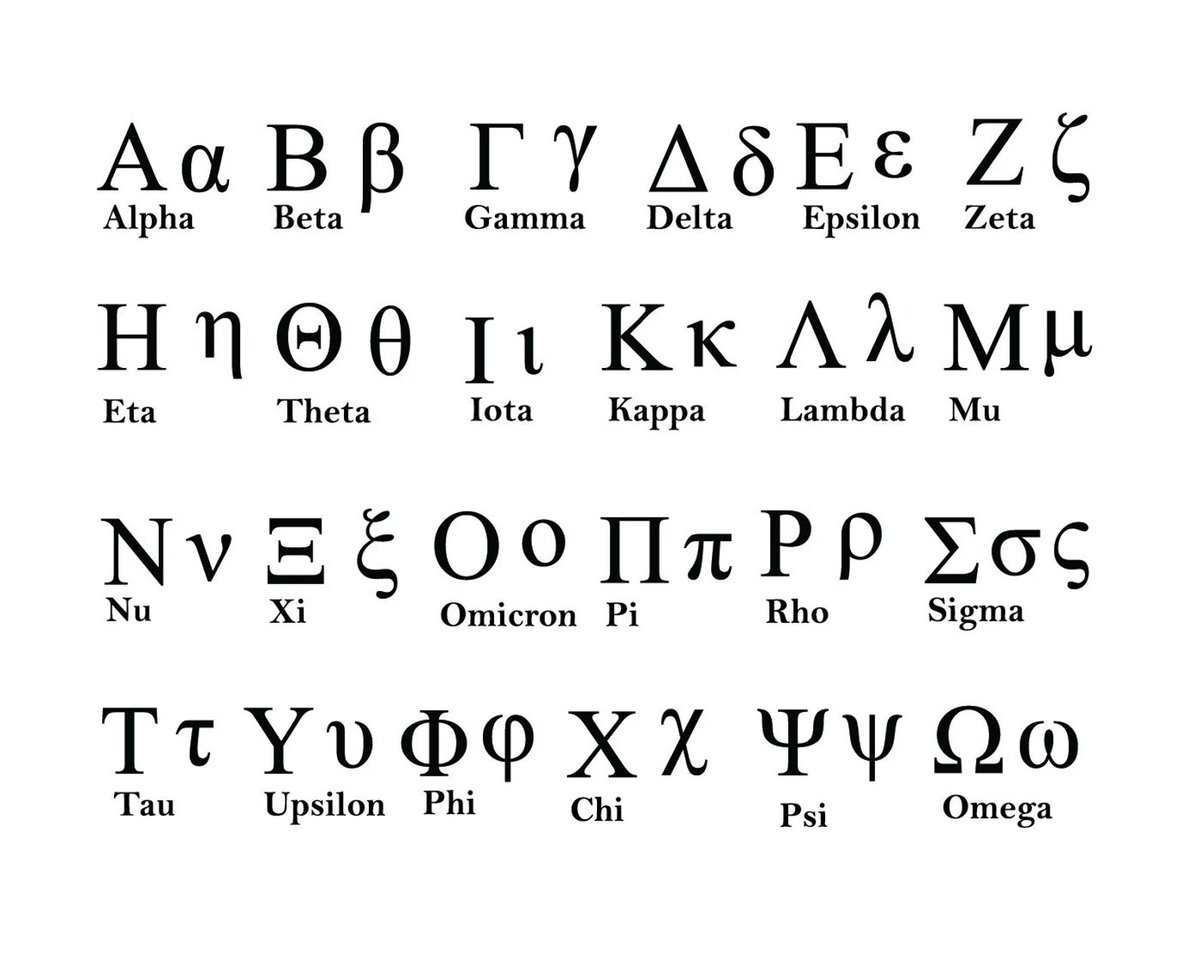At the start of the pandemic, there was only one COVID-19 to worry about. At the time, many of us had no idea that viruses constantly evolve and could morph into a more dangerous form.
But soon we learned that there were several COVID-19 variants on the loose, the most infectious of which was the Delta variant.
Now that we’ve seemingly got the Delta variant under control, naturally, the coronavirus decided to wake from its slumber and deliver another dangerous variant.
While we don’t know just how infectious or deadly it is, the new variant – B.1.1.529 – was labelled a “variant of concern” by the World Health Organisation (WHO) due to its extremely high number of mutations.
While some are worried about its effect on travel and the economy, others are rather confused by its name – Omicron.
So, how and why did it get this Greek moniker?
Naming Variants After Letters Greek Alphabet
When we first started talking about new strains of the coronavirus, we used their country of origin as an identifier (i.e. the UK variant).
But the WHO felt that this led to geographical stigmatisation, as people tended to associate the variant with geographical regions.

In an effort to avoid this, the WHO announced in May that it would be assigning “simple, easy to say and remember” letters of the Greek alphabet as labels for variants.
The first two, as you know, were Alpha and Beta – the first two Greek letters. The rest are as follows:

Given that all letters up to “Mu” had already been assigned (some are named but didn’t become a variant of concern), you would have expected the latest strain to be named “Nu” or “Xi”, right? But the WHO jumped to Omicron instead, sparking a flurry of speculation online.
Join our Telegram channel for more entertaining and informative articles at https://t.me/goodyfeedsg or download the Goody Feed app here: https://goodyfeed.com/app/
Many had come to a similar conclusion: it avoid “Nu” because it sounded like “new” and would cause confusion in speech, and skipped past “Xi” to avoid offending China, whose leader is named Xi Jinping.
🦠 My theory on the #Omicron name:
The last named variant was MU
… so the next should have been NU.But 'nu variant' (new) would sound confusing.
The next Greek letter is XI
… but the 'xi variant'? Can't see China liking that!So, they went for the next letter OMICRON
— Kamahl Santamaria (@KamahlAJE) November 27, 2021
Some were not too pleased with the move, noting that it had earlier referred to the Delta strain as the Indian variant.
They were fine calling it the “India variant” at first, but won’t call this one the “Xi variant”, even though that’s the very NEXT LETTER in the Greek alphabet. They skipped a letter and went straight to Omicron. I wonder why?
Total bunch of lackeys. https://t.co/9eBFU20ozE
— Maajid أبو عمّار (@MaajidNawaz) November 27, 2021
But this only seems strange if you’re not aware of the WHO’s apparent reverence for the country.
Senior WHO Advisor Dodges Question on Taiwan
This was most evident in an awkward interview with Dr Bruce Aylward last year, who refused to answer questions about Taiwan’s COVID-19 response.
The Canadian physician and epidemiologist, who was a former assistant director-general at the WHO, is now a senior advisor there.
In the interview, a journalist from a Hong Kong radio station asked Dr Bruce over video call if the WHO would consider making Taiwan a member nation.
In response, Dr Bruce pretended that he couldn’t hear her.
When she was later brought back to the conversation to Taiwan, Dr Bruce hung up on the journalist.
The WHO has so far excluded Taiwan due to its complex relationship with China. This is likely why people see the organisation’s reluctance to name the new variant “Xi” as tied to their reverence for China.
What do you think?
Read Also:
- 10 Facts About Omicron, The New Coronavirus Strain, & What S’pore is Doing About It
- Benny Se Teo Becoming a Motivational Speaker & F&B Consultant After Leaving Eighteen Chefs
- Shopee S’pore Responds to Allegations About Workplace Discrimination
Featured Image: mi1333 / Shutterstock.com




